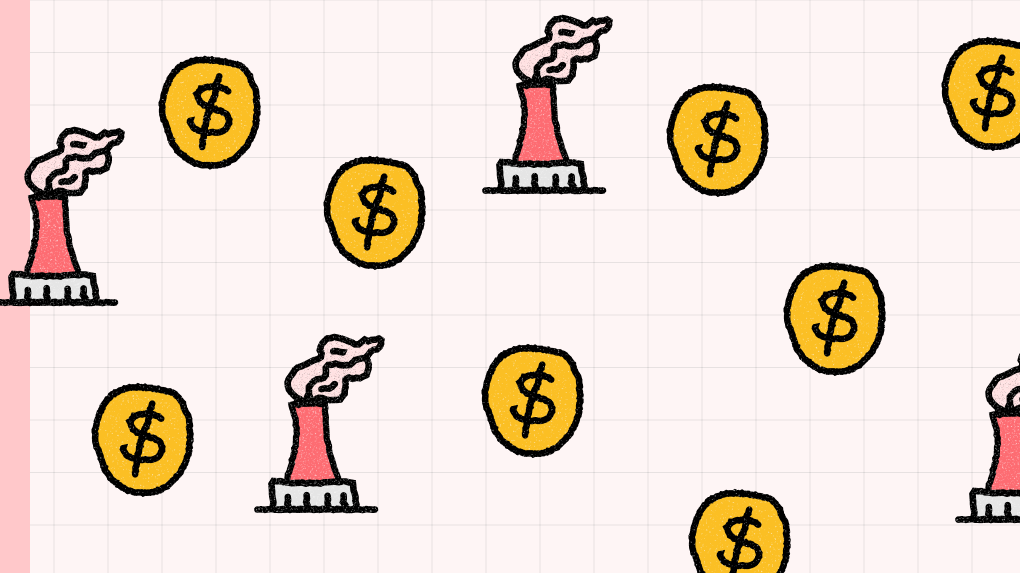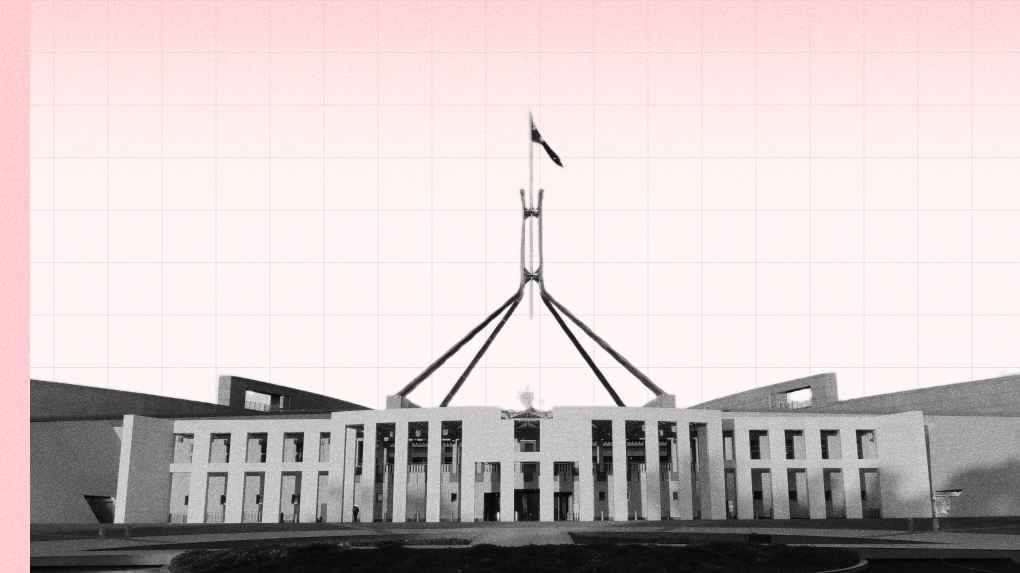I think it is unfortunate that there is little public discussion of the need for carbon pricing, or polluter pays, by those wanting climate action. This is mainly because they see it as political poison given the 2012-2014 experience.
This ignores the necessity for carbon pricing, in that we will not successfully decarbonise without this, and that circumstances have changed from 2012-2014.
A carbon price is necessary for the following reasons.
First, our current policies will not allow us to meet our climate targets. The pathways released with the 62-70% target show us that we can decarbonise, and they show the approaches that will allow us to do so, but they do not explain why decarbonisation will occur.
Second, significant reliance on current and likely future similar policies will reduce our productivity as they rely on command and control, not market-based measures. Further, the inevitable decision making and administrative difficulties will see public attention focussed on poor policy, which will damage public perceptions of climate action.
Third, policies without a carbon price provide no funds to compensate households for the cost of these policies. This will invite further backlash on top of what we are seeing already.
Fourth, current and likely future policies damage rather than contribute to necessary budget repair. Australia’s budget difficulties will constrain action on climate as well as in many other areas.
How many times have we heard companies say they would like to make or use more green products, but they cannot as they are more expensive?
Well of course they are. Green and black products currently compete without allowance for the damage done to the environment from the use of fossil fuels. The polluter is not paying, so they are competing on an uneven playing field with companies that do not pollute.
At a high level companies will take the steps to decarbonise either through the incentives provided by a polluter pays mechanism, because of government subsidies, or because of a legislated requirement such as from the safeguard mechanism.
With our budget problems, which are larger than many realise, there is a real limit to the role government subsidies can play.
Legislated requirements are difficult to devise and implement. The Safeguard Mechanism is the main example of a legislated requirement.It has many limitations. It applies to around 30% of emissions and it will be difficult to extend it significantly given the need for arbitrary baselines at each covered facility; it is based on emission intensity, so emissions can increase as production increases; often targets are met by buying offsets with a low price cap on the cost of buying these; the mechanism requires a fixed level of emission reduction from covered facilities each year with inadequate allowance for different capacities to reduce emissions, as would be recognised by a polluter pays mechanism; and it provides no funds to offset the higher prices to consumers.
That is, for non-export industries, the Safeguard Mechanism is not polluter pays, it is consumer pays.
I acknowledge that there is to be a review of the Safeguard Mechanism, and that there are many suggestions to address some of these issues. Whether they can or not remains to be seen, but they cannot address all of the problems I have just mentioned.
Many conclude that introducing a carbon price, or a polluter pays mechanism, is political death given the result of the 2013 election.
Others argue that rotating Prime Ministers Rudd/Gillard/Rudd, plus other missteps, were the key reason the ALP lost the 2013 election.
Ross Garnaut, in his Dog Days book (pp254-5), points out that exit polls at the 2013 election found only 3% of Coalition voters thought “scrapping the carbon tax was the most important issue that the Coalition had put to voters”.
Further, current surveys generally show over 70% support for polluter pays mechanisms.
I think we need to judge the politics of today, not as they were or perceived to be in 2014. The Government’s current climate policies without a polluter pays mechanism create significant political risks, given that they cause prices to rise, they will often be seen as clumsy, and they very likely will see us miss our targets.
It is interesting to observe that those opposed to carbon pricing or polluter pays are companies and/or people who would normally support market-based solutions. The reality is, however, that those opposed to carbon pricing usually oppose all measures to reduce emissions. That is, the political debate on polluter pays, or carbon pricing, is between those who support it and those who oppose any action to reduce emissions.
Not using the most efficient mechanism to reduce emissions because there will be opposition from those who oppose all action to reduce emissions is counterproductive. Those wanting climate action have been forced to fight on weaker ground defending clumsy measures.
We need to push for an easy to communicate approach to polluter pays, which clearly overcompensates all but the largest users of electricity.
I believe Australians will support the principle of polluter pays.
In February 2024, at the National Press Club, Ross Garnaut and I suggested the introduction of a Carbon Solutions Levy (CSL).It was to be levied only on 108 sites of fossil fuel production, such as gas and coal, and on petroleum imports, at the rate of the European Union’s carbon price. The proposal was to more than fully compensate consumers so that, for example, the cost of electricity to Australians would come down.
The CSL is essentially a transfer from fossil fuel producers to all other Australians. Polluters pay, not consumers or taxpayers.
Let’s put a price on carbon in Australia so that polluters pay, so effective climate action can be taken, so our targets can be met, so we can clearly make households better off, not worse off, and so we have money left over for budget repair or otherwise to help the transition or adaptation.
Rod Sims
Chair, The Superpower Institute
Rod Sims is Enterprise Professor at the Melbourne Institute of Applied Economic and Social Research, Faculty of Business and Economics, University of Melbourne, and Chair of The Superpower Institute. He previously chaired the ACCC (2011-2022), served as Deputy Secretary (Economic) in the Department of Prime Minister and Cabinet, and Principal Economic Adviser to PM Bob Hawke (1988-1990).



